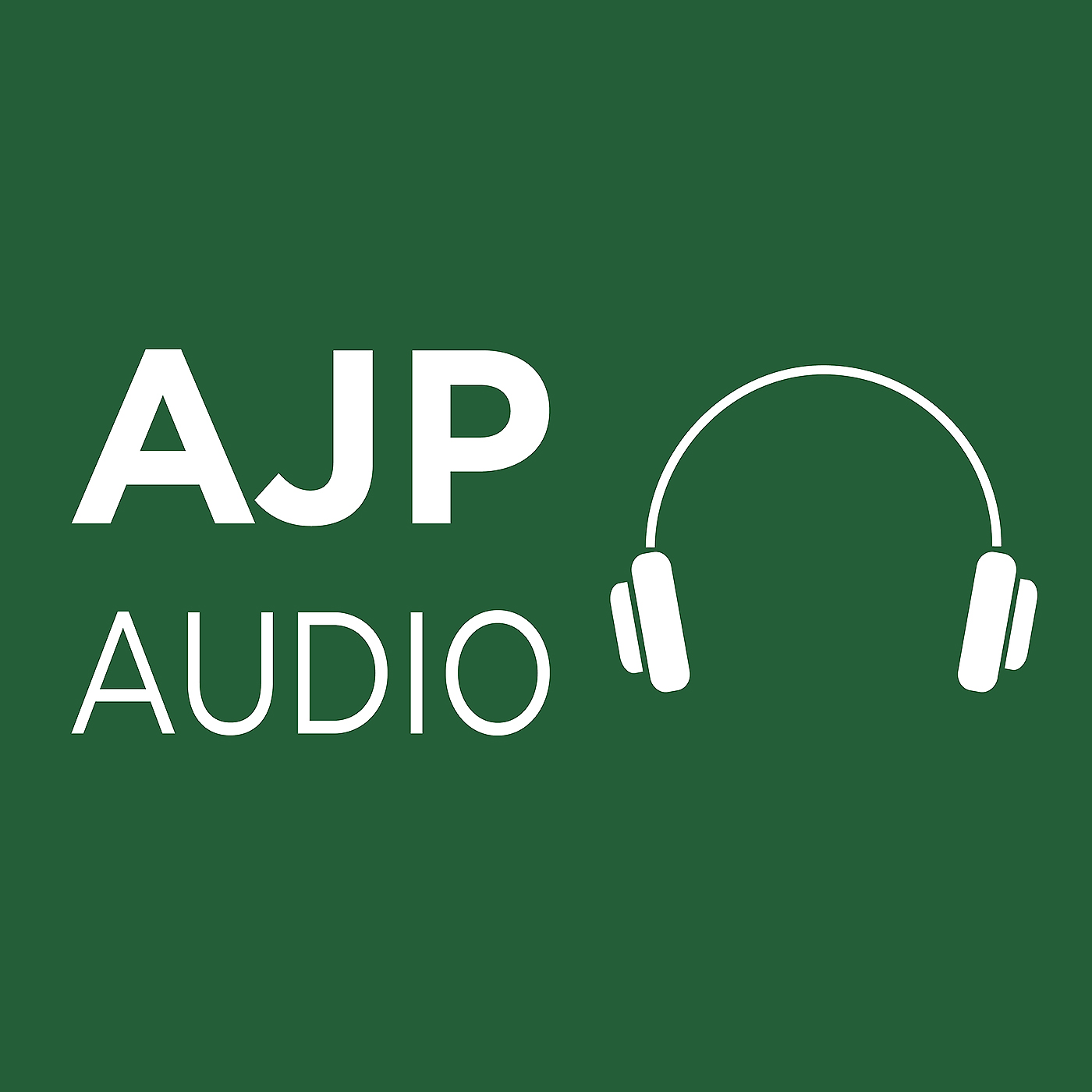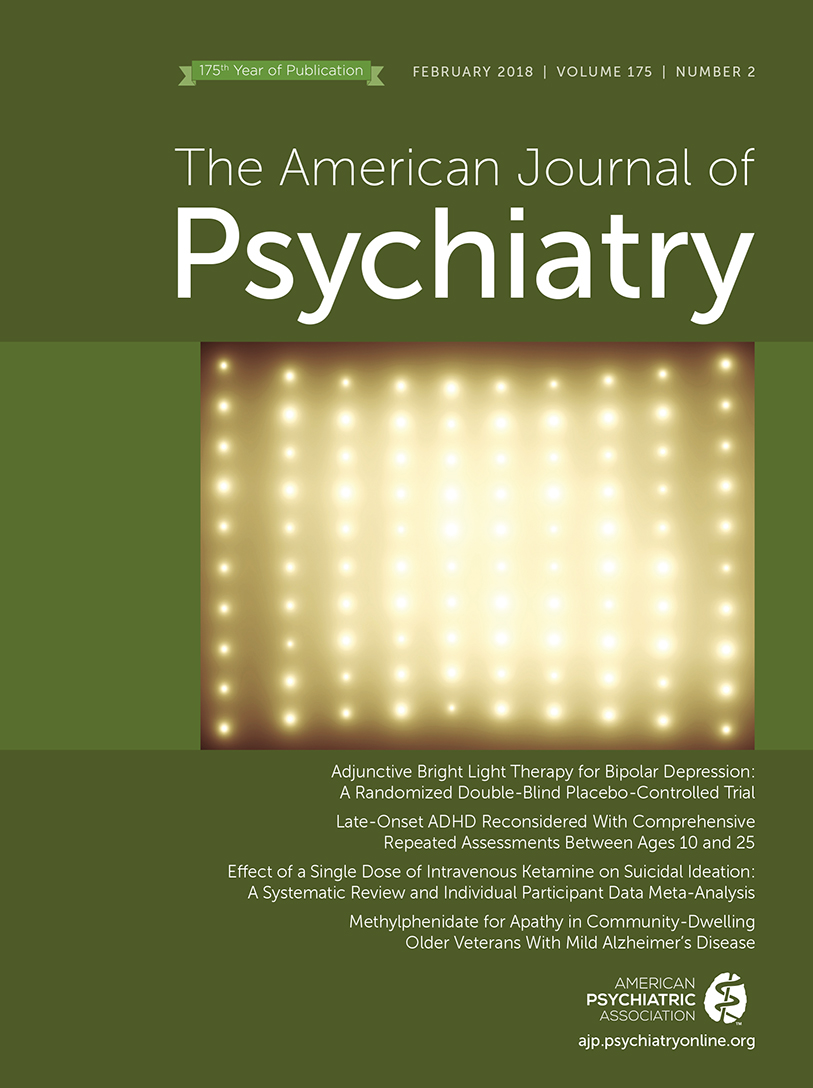Late-Onset ADHD Reconsidered With Comprehensive Repeated Assessments Between Ages 10 and 25
Abstract
Objective:
Adolescents and young adults without childhood attention deficit hyperactivity disorder (ADHD) often present to clinics seeking stimulant medication for late-onset ADHD symptoms. Recent birth-cohort studies support the notion of late-onset ADHD, but these investigations are limited by relying on screening instruments to assess ADHD, not considering alternative causes of symptoms, or failing to obtain complete psychiatric histories. The authors address these limitations by examining psychiatric assessments administered longitudinally to the local normative comparison group of the Multimodal Treatment Study of ADHD.
Method:
Individuals without childhood ADHD (N=239) were administered eight assessments from comparison baseline (mean age=9.89 years) to young adulthood (mean age=24.40 years). Diagnostic procedures utilized parent, teacher, and self-reports of ADHD symptoms, impairment, substance use, and other mental disorders, with consideration of symptom context and timing.
Results:
Approximately 95% of individuals who initially screened positive on symptom checklists were excluded from late-onset ADHD diagnosis. Among individuals with impairing late-onset ADHD symptoms, the most common reason for diagnostic exclusion was symptoms or impairment occurring exclusively in the context of heavy substance use. Most late-onset cases displayed onset in adolescence and an adolescence-limited presentation. There was no evidence for adult-onset ADHD independent of a complex psychiatric history.
Conclusions:
Individuals seeking treatment for late-onset ADHD may be valid cases; however, more commonly, symptoms represent nonimpairing cognitive fluctuations, a comorbid disorder, or the cognitive effects of substance use. False positive late-onset ADHD cases are common without careful assessment. Clinicians should carefully assess impairment, psychiatric history, and substance use before treating potential late-onset cases.




